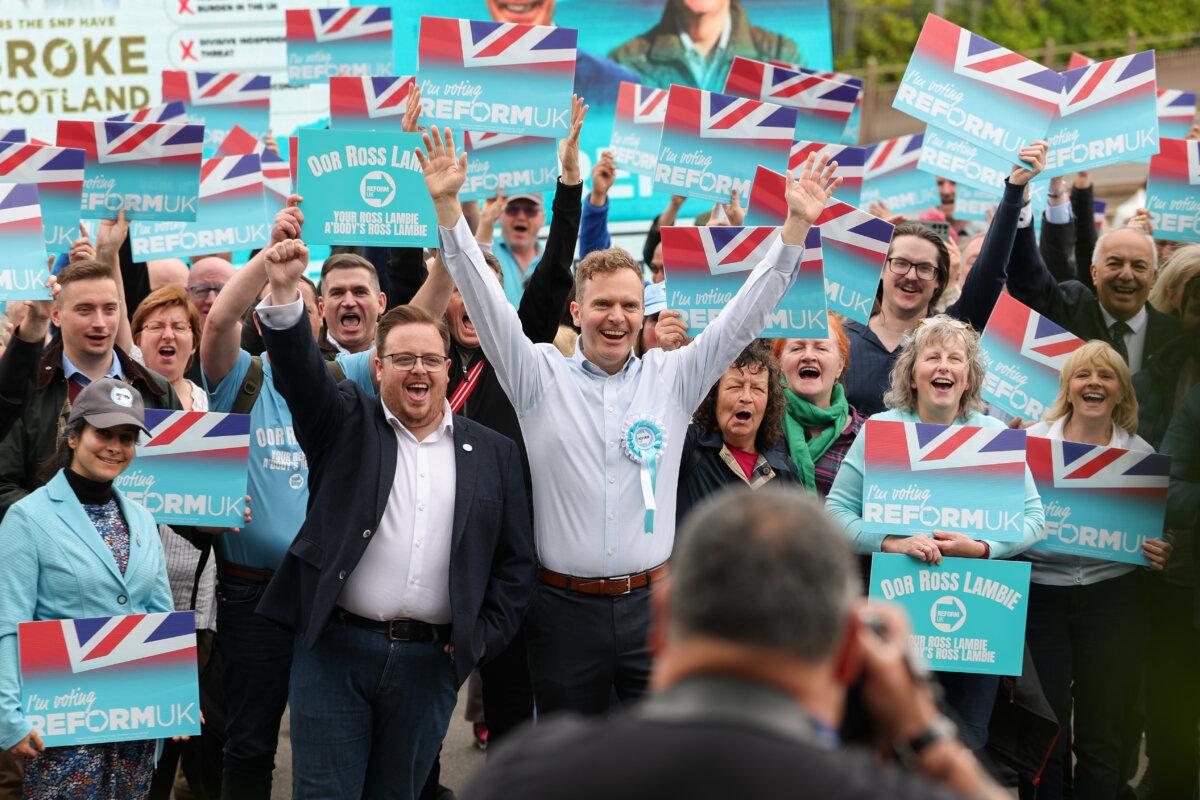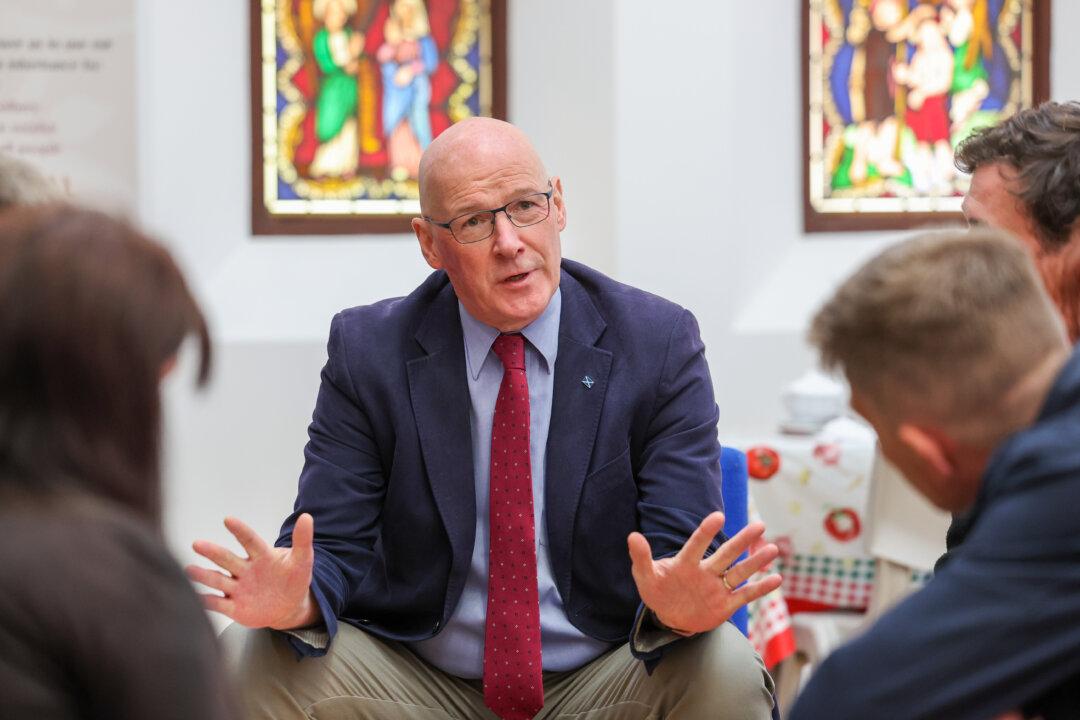The upcoming by-election in Hamilton, Larkhall and Stonehouse—where the Scottish National Party (SNP), Labour, and Reform UK are each hoping to boost their standing—is expected to offer a glimpse into voter sentiment ahead of the 2026 Holyrood elections.
The seat, long held by the SNP since its inception in 2011, was vacated following the death of veteran MSP Christina McKelvie.
In the 2021 Holyrood election, McKelvie secured a 4,582-vote lead over Labour, capturing 46.2 percent of the vote. Yet Labour’s 4.1-point gain in vote share signalled a modest resurgence and could give Anas Sarwar’s party a plausible chance of reclaiming the seat.
The Candidates
As the campaign enters its final stretch, all candidates have focused on issues familiar to many across Scotland: NHS waiting lists, declining town centres, cuts to pensioner benefits, and the spiralling cost of living.The SNP’s candidate, South Lanarkshire Councillor Katy Loudon, has pledged to defend public services and oppose what she describes as Westminster-imposed austerity.
“Take the issue of rising energy bills: under Labour, pensioners are being hit hard with cuts to winter fuel payments. The SNP is committed to bringing these payments back, to help those most in need,” she said.
Loudon has previously contested the Rutherglen and Hamilton West by-election in 2023 and the Rutherglen seat in the 2024 general election, both times unsuccessfully.

Reform’s Ross Lambie, a former Conservative councillor from a South Lanarkshire mining village, is campaigning as a voice for voters disillusioned with both Holyrood and Westminster.
“We don’t need to spend years of debate and millions of taxpayers’ cash on court cases to establish what a woman is. No we don’t,” he said.
Blame, Brexit, and Backlash
The SNP maintains that Brexit is one the key causes of the economic challenges facing Scotland. The party argued leaving the European Union cost Britain “£140 billion - £2,000 per person - and sent prices skyrocketing,” placing the blame on Farage.However, voter dissatisfaction with devolved SNP governance remains in key areas like health, education, and transport—areas where the party has full responsibility.
Reform, for its part, has focused on what it calls systemic mismanagement by the political establishment.
He pointed to Reform’s performance in the May local elections as proof of what the party can accomplish in Labour-leaning areas in Scotland.
The campaign has not been without controversy. Reform came under fire for a party advertisement suggesting Labour leader Anas Sarwar would “prioritise the Pakistani community” in Scotland.
Reform supporters condemned their exclusion, calling it “unjustified.”
With days to go before ballots are cast, Hamilton, Larkhall, and Stonehouse has become more than a local race, it is a litmus test for shifting loyalties, voter frustration, and the future direction of Scottish politics.







